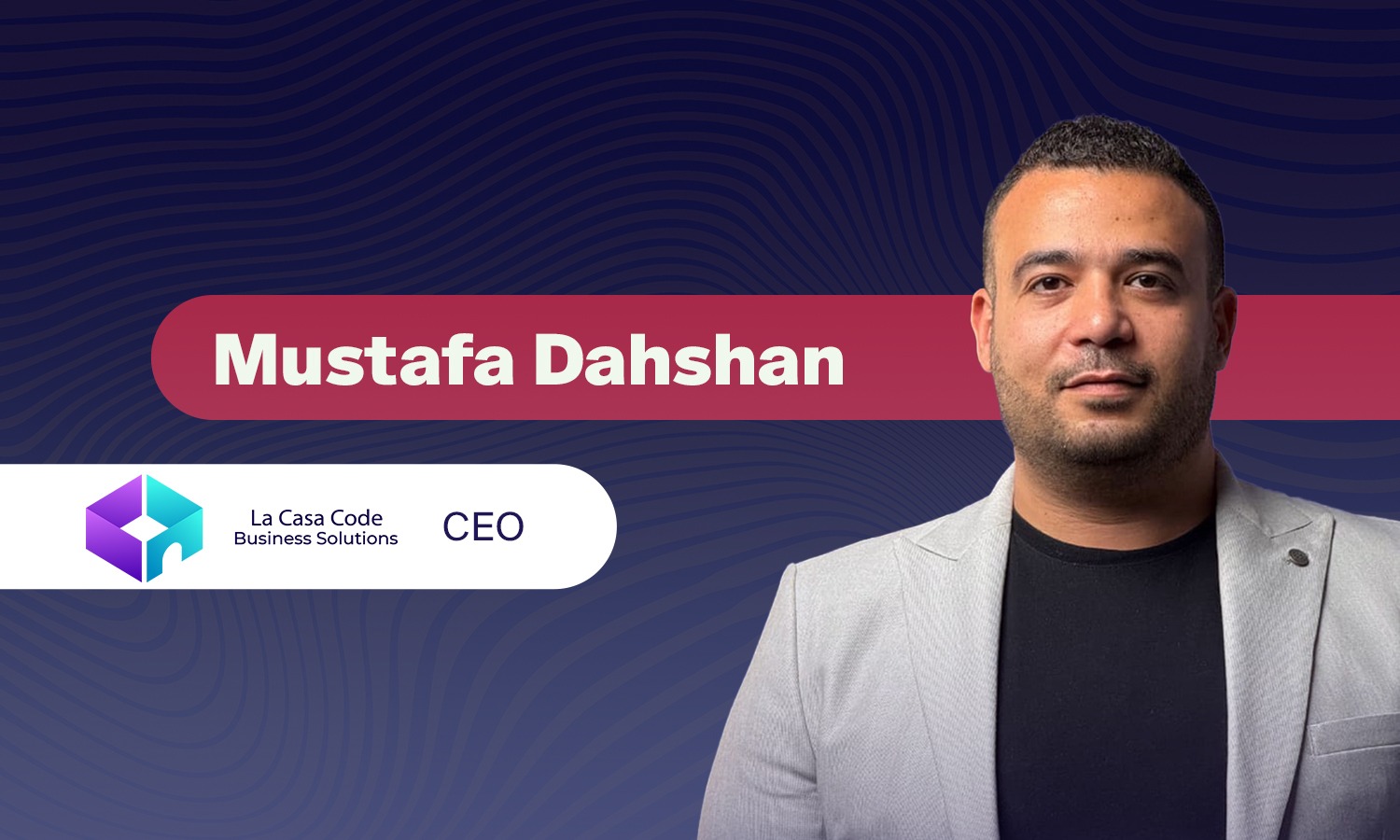Reviewing Egypt’s Economic Performance in 2024
Updated 1/19/2025 9:43:00 AM
In 2024, the Egyptian economy faced significant challenges, largely due to the ongoing war in Gaza and heightened tensions in the Red Sea.
The disruption of navigation in the Suez Canal and halting of natural gas exports and even shifting to imports significantly affected foreign currency reserves, putting further pressure on inflation.
However, the Egyptian government was able to conclude the Ras El Hekma mega deal, which injected substantial foreign exchange into the economy. The deal helped the government to float the Egyptian Pound and alleviate the pressure. It also enabled Egypt to complete the first and second reviews under the International Monetary Fund’s (IMF) loan program and secure an $8 billion extension.
In this Factsheet, we will discover how these events affected the performance of Egypt’s key economic indicators.
- Egypt’s annual headline inflation rate declined from 29.8% in January 2024 to 24.06% last December. The average rate reached 28.46%, which was higher than projections by the World Bank and Fitch but below the IMF’s forecasts. Inflation hit the highest level in February at 35.71%, driven by foreign exchange market imbalances and the seasonal effect of Ramadan.
- Unlike the expectations of international institutions, the Central Bank of Egypt’s (CBE) Monetary Policy Committee (MPC) followed a more expansionary policy. To control inflation, the MPC raised key interest rates twice in January and March, totaling an 8% hike. In December, the overnight deposit rate, the overnight lending rate, the main operation rate, and the discount rate reached 27.25%, 28.25%, 27.75%, and 27.75%, respectively.
- Following the completion of the Ras El Hekma deal, along with the exceptional interest rate hike in March, the MPC enabled market forces to determine the exchange rate. This move aimed at bridging the gap between the official and parallel market rates. Consequently, the USD to EGP exchange rate jumped by 63.5%, from EGP 30.94 per dollar in January to EGP 50.6 in December.
- Supported by foreign currency inflows from the Ras El Hekma deal, Egypt’s net international reserves increased from $35.25 billion in January to $47.1 billion in December.
- Corresponding to currency market imbalances, strong domestic demand, and rising global prices, gold prices surged from EGP 3,408 per gram of 21-karat to EGP 3,645 in December.
- After several delays, the Committee for Pricing Petroleum Products raised fuel prices three times in March, July, and October. By the end of 2024, prices per liter of Octane-80, Octane-92, and Octane-95 reached EGP 13.75, EGP 15.25, and EGP 17, respectively.
By: Amina Hussein
Related News










